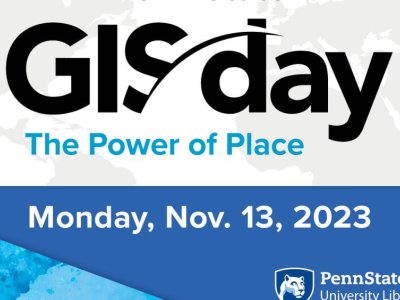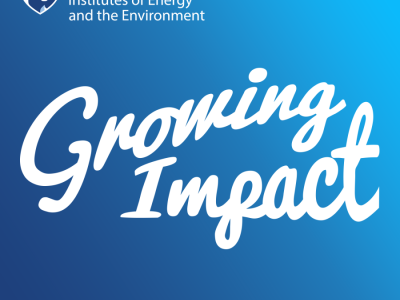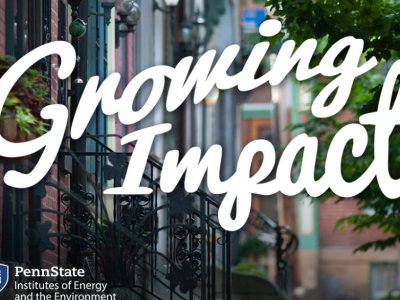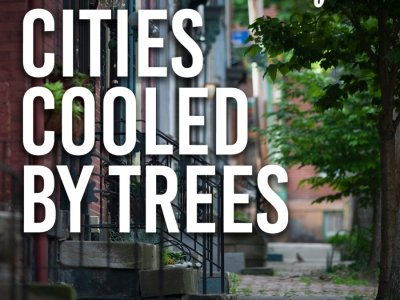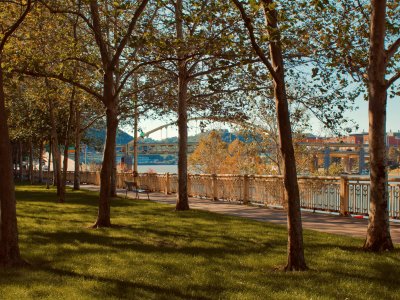
Flohr applies his training in landscape architecture and urban and regional planning to examine how we can design, plan, and manage our landscapes to sustain mutually beneficial relationships between people and ecological systems. His work broadly addresses the question: how can communities and households, adapt to and mitigate the impacts of extreme weather events and the degradation of ecosystems to ensure the continuation of mutually beneficial ecosystem services? Due to the inter- and intra-system complexities of humans, climate, weather, built environment, and ecosystems, Flohr favors a mixed spatial-methods research approach to ensure the inter- and intra-system relationships are placed in their spatial context, human, and natural landscape patterns, and different dimensions of the issue(s) under analysis. His approach has led to constructive collaborations with colleagues and students across Penn State and beyond.
Flohr’s research, teaching, and service are connected and difficult to disentangle. His work covers three thematic areas: 1) Ecology plus Design, 2) spatial design computing, and 3) design education and pedagogy.
In the News
Research Keywords
These keywords and phrases come from the publications and other research output of this person. See other researchers related to these topics by clicking on any keyword.
Projects
Recent Publications
Exploring a Just and Diverse Urban Forests’ Capacity for Mitigating Future Mean Radiant Temperatures
Flohr, T., Garcia, L., Figueiredo, C., Heris, M., Hoffman, M., Lindeman, J., Wu, H. & Richardson, L., 2024, In: Journal of Digital Landscape Architecture. 2024, 9, p. 302-313 12 p.Research output: Contribution to journal › Article › peer-review
Professional perceptions of participatory practices in green stormwater infrastructure development
Adib, M., Wu, H. & Flohr, T., Mar 2023, In: PLOS Water. 2, 3 March, e0000084.Research output: Contribution to journal › Article › peer-review
Investigating New York City’s Cool Roof Program Implementation Using Remote Sensing Through an Environmental Justice Lens
Flohr, T., Heris, M., George, R. & Avila, A., 2023, In: Journal of Digital Landscape Architecture. 2023, 8, p. 65-74 10 p.Research output: Contribution to journal › Article › peer-review
Spatial Indices for Convivial Greenstreets
Kriehn, E., Tamminga, K. & Flohr, T., Dec 2023, In: Sustainability (Switzerland). 15, 24, 16781.Research output: Contribution to journal › Article › peer-review
An ENVI-met Simulation Data Pipeline for Evaluating Urban Tree Patterns Impact on Urban Micro-climate
Flohr, T., Heris, M. & Derycke, E., 2022, In: Journal of Digital Landscape Architecture. 2022, 7, p. 538-548 11 p.Research output: Contribution to journal › Article › peer-review
Virtual studio 1.0: A virtual tacit-forward learning management framework
Flohr, T., Tamminga, K. & Johnson, T., 2021, In: Journal of Digital Landscape Architecture. 2021, 6, p. 476-486 11 p.Research output: Contribution to journal › Article › peer-review
Creating virtual environments in support of on-line problem-based learning
Flohr, T., Sirek, D. & Tredinnick, R., 2020, In: Journal of Digital Landscape Architecture. 2020, 5, p. 386-394 9 p.Research output: Contribution to journal › Article › peer-review
Deep decarbonization and renewable energy in the Appalachian Mountains (DDREAM): a socio-ecological systems approach to evaluating ecological governance
Mainzer, S. P., Cole, C. A. & Flohr, T., Oct 2019, In: Socio-Ecological Practice Research. 1, 3-4, p. 249-263 15 p.Research output: Contribution to journal › Article › peer-review
A Geodesign approach to environmental design education: Framing the pedagogy, evaluating the results
Muller, B. & Flohr, T., Dec 1 2016, In: Landscape and Urban Planning. 156, p. 101-117 17 p.Research output: Contribution to journal › Article › peer-review
Access to parks for youth as an environmental justice issue: Access inequalities and possible solutions
Rigolon, A. & Flohr, T. L., 2014, In: Buildings. 4, 2, p. 69-94 26 p.Research output: Contribution to journal › Article › peer-review
A landscape architect's review of building information modeling technology
Flohr, T., 2011, In: Landscape Journal. 30, 1, p. 169-170 2 p.Research output: Contribution to journal › Article › peer-review



